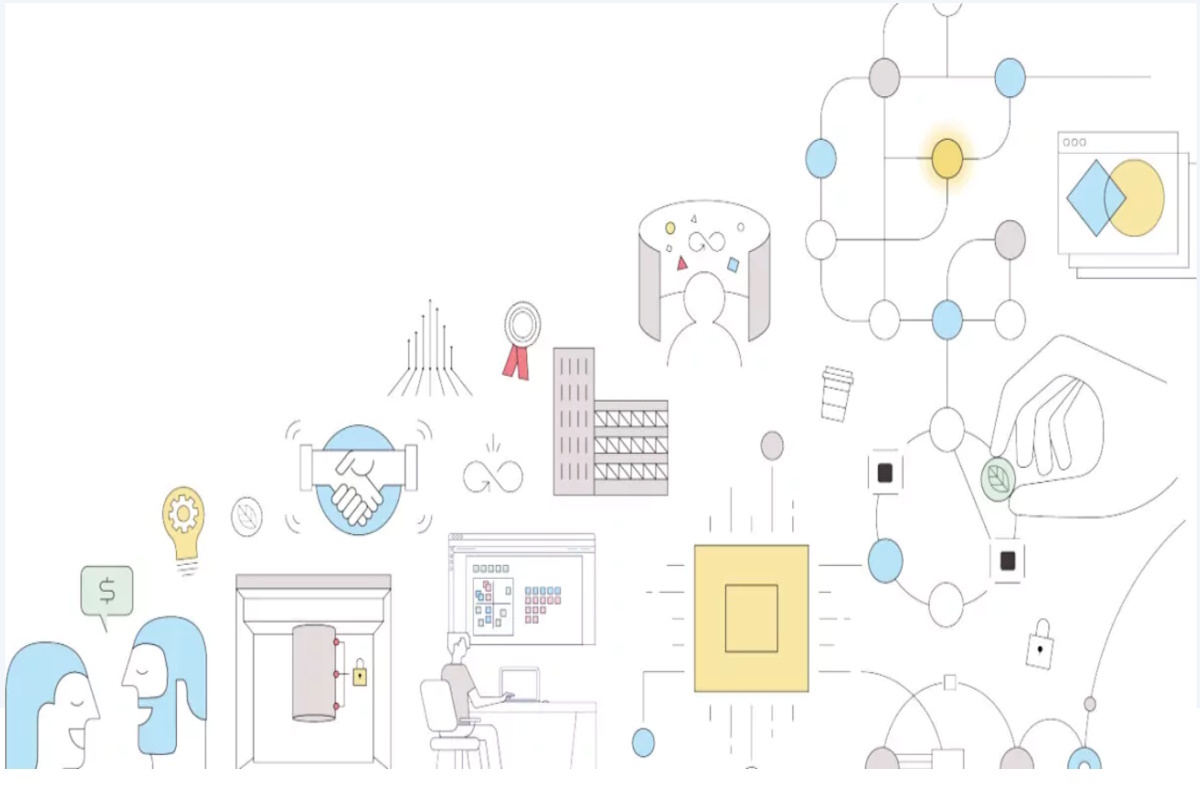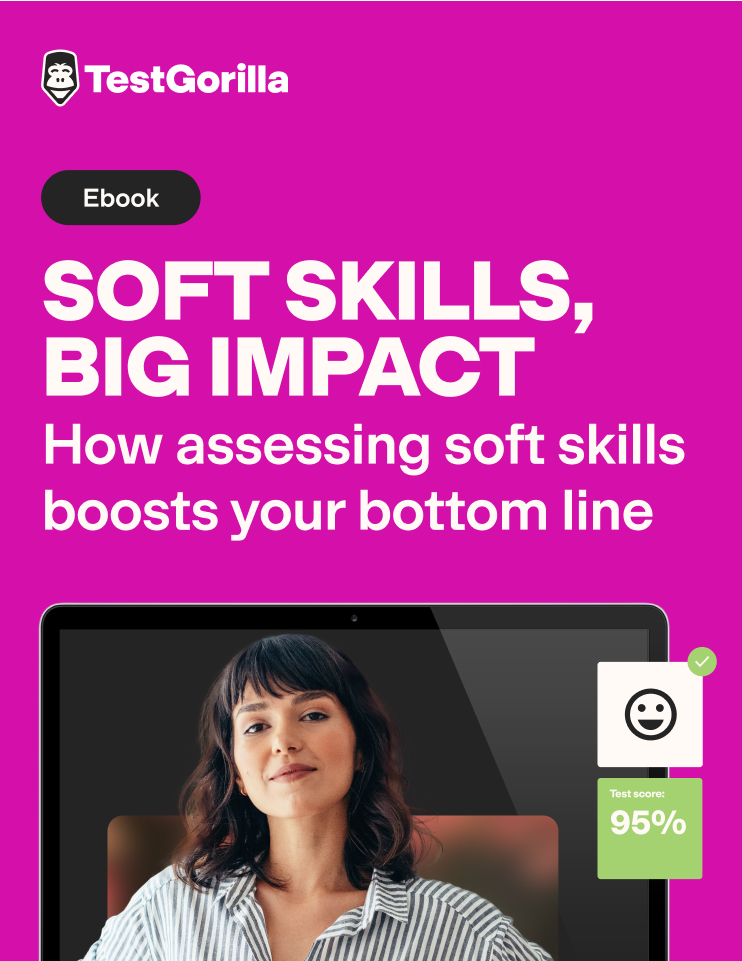Betting on the future

Neil McCormack at IBM Consulting argues that the bets we make today will redefine what’s possible tomorrow
Contrary to popular opinion, strategy is not about turning uncertainty into certainty.
Thomas Eddison was fired from a plethora of jobs before he invented the lightbulb and James Dyson worked on over 5,000 cleaning system prototypes before making his success. No progress is made within stable parameters.
Today is no different. We are riding one of the highest digital transformation waves, all while recovering from a pandemic, managing economic turmoil, navigating geopolitical conflict and facing one of the biggest challenges yet – climate change.
With these volatile conditions, it may be tempting for leaders to take a conservative approach to operations. But Anita Elberse, a Harvard Business School professor, promotes that a big bet approach is far more likely to break through and drive profits in a competitive environment.
Businesses need an optimistic vision of progress to rally around—and leaders willing to bet on the future. Here’s how.
1. Tech-led disruptions are accelerating, driven by generative AI
Companies have long expected that AI would change everything — and that day has arrived. Organisations are racing to incorporate all forms of AI, looking for ways to boost productivity faster and more effectively than the competition. However, productivity, security, privacy and intellectual property rights must remain top of mind.
Implementing secure, AI-first intelligent workflows will ensure your business can take advantage of the step change generative AI offers. Relaunch AI-first enterprise automation programmes, operationalise AI accountability to run trustworthy technology and accelerate the transition to zero trust across your enterprise and partner network to ensure it happens securely.
2. Sustainability promises are showing progress – so avoid false promises
Last year’s CEO Study found that 48% of CEOs put increasing sustainability as a top priority, yet 44% cite a lack of insights from data and technological barriers (35%) as key challenges to achieving their sustainability objectives.
Too many leaders still see sustainability and profitability as conflicting, rather than complementary. Businesses need to operationalise their goals today—and adopt technology to support automation, transparency and accountability. This goes hand in hand with accelerating projects that deliver near-term efficiency and sustainability outcomes.
This way, businesses can avoid false choices between sustainability and profit – and deliver both.
3. All products are becoming digital products
Transformation is greater than the sum of its parts. Software supply chains, hybrid cloud infrastructures and employee-focused technologies are bringing huge benefits, which is why businesses need to rethink their operations holistically to develop a digital-first strategy. This means getting the right product to market quickly by testing, learning and iterating, continuously innovating, and developing strong partnerships across the ecosystem that will ensure quality, resilience and efficiencies.
The bet? In a world of digital products and services, investments to build foundational software supply chain capabilities is essential for survival.
4. Don’t forget about the experience
A flash of Eddison or Dyson-esque genius isn’t worth much on its own. It’s the process of implementation that turns brilliance into profits. And this requires a keen understanding of your customer, putting people at the centre of the design process and using behavioural science to explain why people do what they do so you can make improvements.
By meeting your customer where they are with a personalised experience, you will create brand trust – this can be as simple as a chatbot that greets a customer by first name, or as complex as using AI to recommend new products based on previous purchase.
Design can and will help accelerate positive change across functions that are required to succeed.
5. The metaverse will enhance our physical world, not replace it
Successfully bridging the physical-digital divide to achieve enterprise interoperability requires investment in spatial technologies and skills – and this needs to be implemented in secure environments. While it’s fun to engage in public virtual worlds, organisations require safe and secure access to enterprise data, combined with the enhanced experience of the virtual environments, to ensure it is a bet worth pursuing.
Invest in spatial design skills and apply them to product engineering, field services, manufacturing, and operations. Then pair this with a spatial design centre of competency focused on product innovation.
6. Re-globalisation, reskilling and new partnerships are transforming value chains
In a time of challenge and change, rethinking legacy practices and embracing a new set of priorities, which encompass agility, predictive technology, and open innovation will drive competitive advantage. When we surveyed CEOs about their priorities for the next two to three years, aggressively pursuing operational agility and flexibility was cited more than any other action.
Investing in emerging technologies, such as hybrid cloud and AI, can optimise agility, enhance scalability, and accelerate the data-driven insights that help leaders respond to disruption and change. This, paired with open innovation and collaboration, is what will set your business apart.
Evaluate the strength of your technology and partners—and whether they are part of the winning ensemble in this new environment. Invest in the few that will make a difference.
7. Skills scarcity and demographic shifts are defining the new social contract
At the heart of today’s way of working is a social contract that understands and adapts to people’s new priorities and the realities of a post-pandemic workplace. Leaders must adopt talent approaches that make employees feel like strategic business partners and enable them with productivity-enhancing technologies.
Employers that care as much about the experience of their diverse, empowered teams as they do about their customers see 32% higher revenues and deliver outcomes twice as fast as other enterprises. People-centred workplaces are hybrid. They use data and AI to streamline people processes and provide personalised experiences.
Do you have the skills, diversity and technology in place to adapt to a changing workforce? If not, this is something well and truly worth betting on.
The decisions we make today redefine what’s possible tomorrow – now is the time to think about the bets that will help propel your business forward.
Neil McCormack is Managing Partner, IBM Consulting EMEA

Neil McCormack
Related Articles
Most Viewed
Winston House, 3rd Floor, Units 306-309, 2-4 Dollis Park, London, N3 1HF
23-29 Hendon Lane, London, N3 1RT
020 8349 4363
© 2025, Lyonsdown Limited. Business Reporter® is a registered trademark of Lyonsdown Ltd. VAT registration number: 830519543





